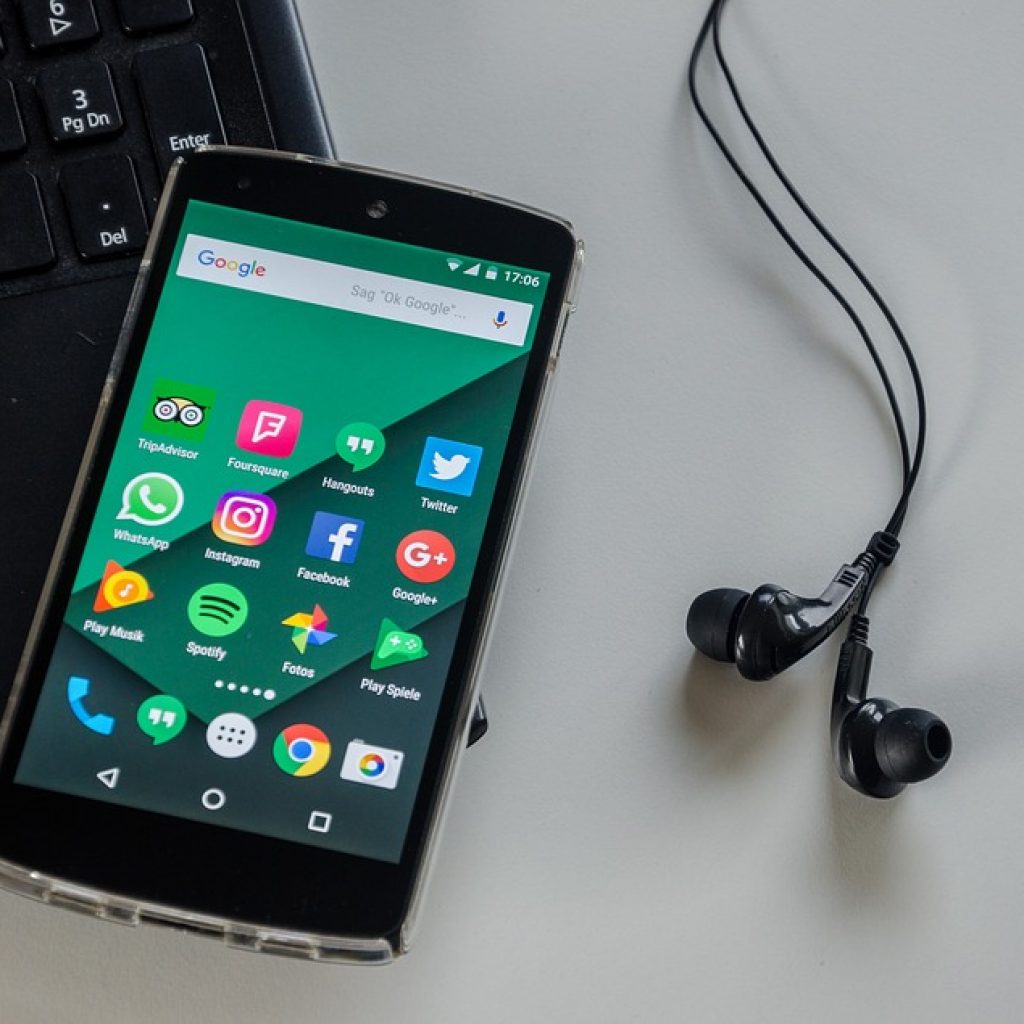
More than 70 per cent of smartphone apps are reporting personal data to third-party companies like Google and Facebook, a new study has warned.
When people install a new smartphone app, it asks for the users permission before accessing personal information.
Some of the information these apps collect are necessary for them to work properly.
However, once an app has permission to collect that information, it can share your data with anyone the developer wants to letting third-party companies track where you are, how fast you are moving and what you are doing, researchers said.
Researchers from the IMDEA Networks Institute in Spain wanted to know how much data could potentially be collected without users knowledge, and to give users more control over their data.
“To get a picture of what data was being collected and transmitted from peoples smartphones, we developed a free Android app of our own, called the Lumen Privacy Monitor,” researchers said.
“It analyses the traffic apps send out, to report which applications and online services actively harvest personal data,” he added.
Since Lumen is about transparency, a phone user can see the information installed apps collect in real time and with whom they share these data.
Researchers try to show the details of the apps hidden behaviour in an easy-to-understand way.
Lumen keeps track of which apps are running on users devices, whether they are sending privacy-sensitive data out of the phone, what internet sites they send data to, the network protocol they use and what types of personal information each app sends to each site.
Lumen analyses apps traffic locally on the device, and anonymises these data before sending them to the researchers.
More than 1,600 people who have used Lumen since October 2015 allowed researchers to analyse more than 5,000 apps.
“We discovered 598 internet sites likely to be tracking users for advertising purposes, including social media services like Facebook, large internet companies like Google and Yahoo, and online marketing companies under the umbrella of internet service providers like Verizon Wireless,” researchers said.
“We found that more than 70 per cent of the apps we studied connected to at least one tracker, and 15 per cent of them connected to five or more trackers,” they said.
One in every four trackers harvested at least one unique device identifier, such as the phone number or its device- specific unique 15-digit IMEI number, researchers said.
Unique identifiers are crucial for online tracking services because they can connect different types of personal data provided by different apps to a single person or device. Most users, even privacy-savvy ones, are unaware of those hidden practices.
“More than half of the app-trackers we identified also track users through websites. Thanks to this technique, called cross-device tracking, these services can build a much more complete profile of your online persona,” researchers said.
